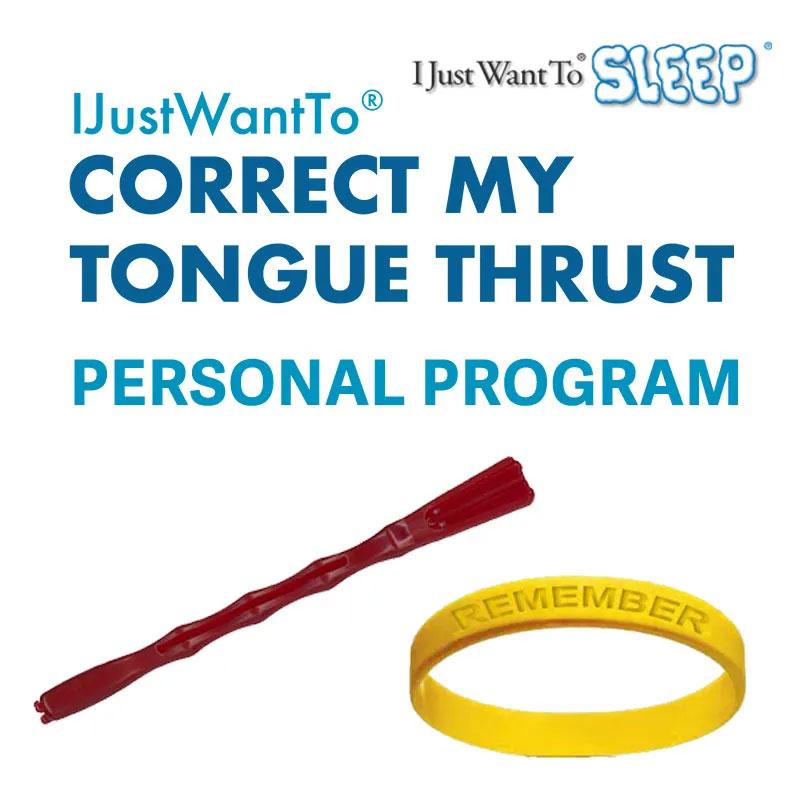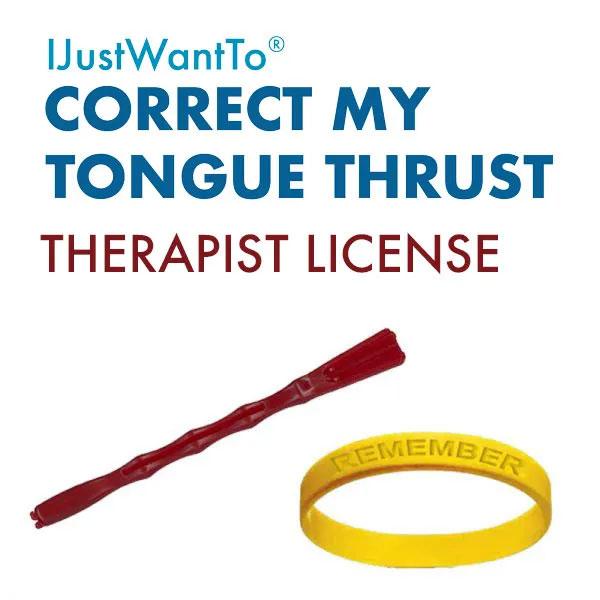Restless Sleep and What You Can Do About It
The first thing to understand is everyone feels groggy when they first wake up in the morning. This sleep inertia is the transitional period when our brain switches from sleep mode to being active. Hormone and chemical levels need to balance out appropriately, which takes time.
For some people, it is a quick process; for others, it can take upwards of an hour. If you are groggy throughout the day, that’s when you have an issue.
If restless sleep is a new thing for you, it can be irritating and alarming. And for those who have suffered for a while, it can seem like an insurmountable issue. But there are a number of steps anyone can take to help ensure they get a full and restful sleep every night. Restless sleep can affect people of all ages but does become more prevalent as we become older.
Let’s start with taking a look at what defines restless sleep, its causes, and dangers, and then jump into some strategies to negate common issues.
Defining Restless Sleep
 The term restless sleep is a general description of a number of sleep issues and symptoms rather than a defined medical condition. As such, what qualifies as restless will vary depending upon who you talk to, but some of the hallmarks that many sufferers will note are one or more of the following symptoms:
The term restless sleep is a general description of a number of sleep issues and symptoms rather than a defined medical condition. As such, what qualifies as restless will vary depending upon who you talk to, but some of the hallmarks that many sufferers will note are one or more of the following symptoms:
- Frequent tossing and turning when falling asleep or during sleep
- Not entering deep sleep or feeling as though you aren’t really asleep
- Waking frequently at night with no apparent triggers
- Not being able to quickly fall back into sleep after waking unexpectedly
The main symptom of all these for restless sleepers is that the next day you feel tired, unrested, and mentally sluggish. Generally, when sleeping, a good night’s rest means you were asleep at least 90% of the time you were in bed. Once that percentage drops below 85%, you have a measurable sleeping problem.
It is important to note that there are some related sleep issues that can cause restless sleep for partners but leave one individual oblivious and rested the next day. You will probably recognize a few from the list:
- Loud breathing, snoring or repeated choking noises
- Frequent tossing and turning or movement of the limbs
- Teeth grinding
- Sleepwalking or sleeptalking
One important thing to note is that restless sleep is not the same as insomnia, which is a narrowly defined medical condition that relates to difficulty falling and staying asleep. Those with insomnia or other sleep disorders like sleep apnea or restless leg syndrome may also have restless sleep, but not all restless sleep sufferers have a diagnosable medical condition.
Dangers of Restless Sleep
One bad night's rest every so often isn’t much cause for concern. However, if you begin to develop a pattern of poor sleep, ignoring the problem can add risk to your day's activities and long-term health.
Poor sleep can have a more significant impact than making you want to reach for an extra cup of coffee the next day. Frequent restless sleep can begin to impact mental acuity leaving you drowsy during the day. A situation that can be incredibly dangerous for driving and certain professions that use power tools or heavy machinery.
As long-term sleep disturbance continues, the impacts only increase on your memory, cognitive function, and immune system. Sleep deficiency has repeatedly been linked to an increased risk of many chronic health problems, including heart disease, diabetes, obesity, depression, and stroke.
How to Improve Your Sleep Quality
 Any number of factors can impact the quality of sleep we get every night, from what we physically do during the day, our work and social life, what we eat and when, medical issues, all the way to the environment in which we are trying to sleep.
Any number of factors can impact the quality of sleep we get every night, from what we physically do during the day, our work and social life, what we eat and when, medical issues, all the way to the environment in which we are trying to sleep.
With so many potential problem sources, it can initially be challenging to determine what might be the primary concern for your own situation. Everyone is different. What might be a cause of restlessness for one individual won’t be a problem for another. But there are some general guidelines you can follow to help get a better night's rest. So let’s dive into those below.
Steps to Combat Restless Sleep
Life can often make this difficult with all the stress of work, worry about the future, or perhaps having to raise children. But there are a few helpful strategies you can try to help keep your mind and body focused on getting a night of good sleep.
- Schedule: Set aside time to sleep and stick to it even on weekends. Going to bed and waking up on a schedule gets your body and brain into a rhythm.
- Avoid Stimulants: We all know drinking coffee can disrupt our ability to sleep, but make sure to cut other caffeine sources well before the evening. Tea can often have a calming effect, but you may be setting yourself up for trouble if it isn't decaf.
- Don’t Snack: Limit food and drink consumption in the hour or two leading up to sleep to avoid waking up to use the bathroom or indigestion.
- Your Sanctuary: Dedicate your bedroom to getting sleep. Aim for an environment that stays cool, dark, and quiet. If you are a light sleeper who wakes up at any noise or suffers from tinnitus, consider utilizing a fan or white noise machine to help level out your surroundings.
- No Screens: This one might be the most difficult to implement these days. Try to avoid looking at screens or electronic devices in the hour before sleep. Not only do they absorb our attention for longer than we intend, but they can also increase stress levels, and artificial light can trick our brains into thinking it is still day.
Don’t overlook your morning routine, either. What you do during the day has a big impact on the following night's sleep, so get started on the right foot.
- Limit Snoozing: Our sleep is governed by cycles of sleep. Snooze ensures you will always interrupt one. Try to modify your schedule by fifteen minutes one way or the other to better align with coming out of REM sleep. And in the worst-case scenario, set the alarm 90 minutes before you want to wake up, then go back to sleep.
- Water: While you are asleep, your body is slowly dehydrating. When you wake up, be sure to get a glass of water into your system pronto. And no, coffee doesn’t count here, just plain old water.
- Get Moving: If your morning routine can accommodate, plan on squeezing in 15 to 30 minutes of exercise or low-impact yoga. Getting your muscles moving again after sleep releases a flood of endorphins that can boost energy levels and brain function for a considerable portion of the day.
- Fuel Your Body: Most of us grew up hearing breakfast was the most important meal of the day. That might not necessarily be true, but that doesn’t mean skipping it is okay. Give your body some fuel for the morning. Even a light snack can make a world of difference. Avoid sugary options; they won’t fill you up and will have you crashing from a blood-sugar spike.
- Greet the Sun: Sunlight naturally signals your body it is time to get active and bumps serotonin levels. Open your curtains as soon as you wake up, and even if you work from home, take a few minutes to walk outside in the morning to lower your stress when starting the day.
If you have tried everything you can think of, set good habits, and still can’t seem to get a night of sleep that has you feeling energized throughout the day, it may be time to consider the possibility you suffer from some form of sleep disorder.
When to Seek Professional Help
If you suspect you have a sleep disorder or can’t seem to shake daytime tiredness, you should always see a doctor for proper diagnosis and treatment options. Some underlying medical conditions have fatigue and sleep disruption as symptoms that can be quite serious if left untreated.
The most common culprits are medical issues such as:
- Sleep Apnea: This sleep disorder is a serious medical condition that causes an individual to pause while breathing during sleep periodically. If you wake up feeling tired and have a dry mouth, or headache or are told you snore, there is a chance you are experiencing sleep apnea.
- Tongue Thrust: Tongue thrust is characterized by poor muscle coordination. If you or your partner snore or generally breathe through your mouth while sleeping, you may have a tongue thrust which can cause your mouth to stay open while you are sleeping. Another easy check - swallow. If your tongue tip does not go to the roof of your mouth, directly behind your front teeth, you probably have a tongue thrust.
- Sleep Movement Disorders: Exactly as they sound, this category of sleep disorders is characterized by the uncontrolled movement of muscles while trying to fall asleep or during sleep. The most common sleep movement disorders are restless leg syndrome, periodic limb movement disorder, and bruxism.
- Insomnia: This disorder is characterized as difficulty falling or staying asleep and can be a symptom of a broad category of potential issues if experienced over months or years. It is the disorder most easily tempered with good habits.
Most of the sleep disorders we have discussed leave you feeling tired because they inhibit or interrupt sleep somehow. But your sleep issues may also be caused by underlying health problems that can leave you exhausted no matter how good a night's rest you get, like thyroid disorders, anemia, asthma, or heartburn.
Better Sleep with Tongue Thrust Therapy
If you think you or a loved one may be experiencing poor sleep because of a tongue thrust, don’t worry. In most cases, it can be remedied with tongue exercises that will help train your tongue to live on the roof of your mouth and your lips to stay closed. Our program, IJustWantTo® Correct My Tongue Thrust, has helped many people achieve a better night's sleep by reducing airway obstruction.
For more information on this simple program, you can visit our store page and send us a question. Just a few simple exercises practiced for 5 to 10 minutes a day can have you get a better, more restful sleep in just seven weeks.



